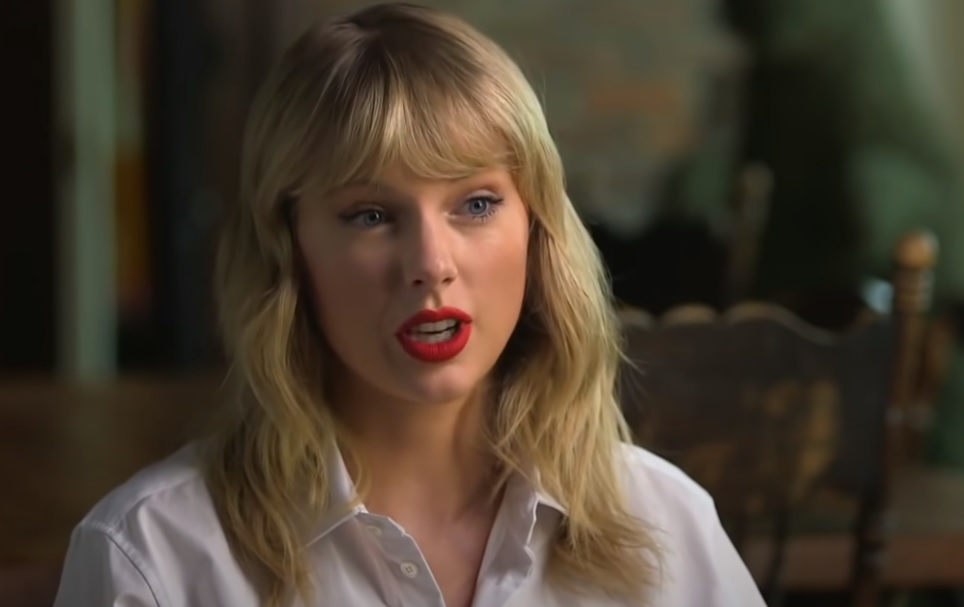
The basis for the ongoing lawsuit is that both tracks contain the lyrics “players gonna play” and “haters gonna hate”. The case had previously been rejected by a judge who claimed that the lyrics were too “banal” to be copyrighted, but was later appealed.
District Judge Michael W Fitzgerald, who ruled over the original proceedings, backed up his decision by citing 13 other songs that featured similar lyrics including Fleetwood Mac’s “Dreams” and The Notorious B.I.G.’s “Playa Hater”.
"In the early 2000s, popular culture was adequately suffused with the concepts of players and haters to render the phrases 'playas… gonna play' or 'haters… gonna hate', standing on their own, no more creative than 'runners gonna run'; 'drummers gonna drum'; or 'swimmers gonna swim,'" he wrote.
"The concept of actors acting in accordance with their essential nature is not at all creative; it is banal.
"In sum, the lyrics at issue... are too brief, unoriginal, and uncreative to warrant protection under the Copyright Act."
Despite Fitzgerald’s original ruling, however, songwriters Sean Hall and Nathan Butler were able to appeal the case and reverse the judge’s decision.
Swift later requested a summary judgement from Judge Fitzgerald ruling that she had not infringed copyright laws, but on Thursday he refused.
"Even though there are some noticeable differences between the works, there are also significant similarities in word usage and sequence/structure," he wrote.
He added that "the court cannot presently determine that no reasonable juror could find substantial similarity of lyrical phrasing, word arrangement, or poetic structure between the two works”.
Swift will face Hall and Butler as well as a jury when the case returns to court, though a date for the trial has not yet been decided.